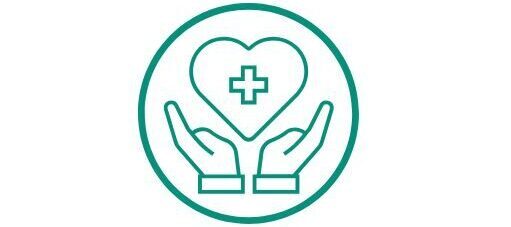When you’re dealing with an insurance claim, one of the pivotal moments is waiting for an insurance adjuster to contact you. This step is crucial as it initiates the claim process, shaping the outcome and timeline of your compensation. Therefore, understanding how long an insurance adjuster has to make contact is important for managing expectations and taking appropriate measures.
Understanding the Role of an Insurance Adjuster
An insurance adjuster plays a foundational role in evaluating claims. Their responsibilities include investigating the claim, assessing the damage, and recommending the amount that the insurance company should reimburse the policyholder. They work to ensure a fair settlement while balancing the interests of both the insurer and the insured.
Factors Influencing Contact Time
1. Type of Claim: The timeframe for an adjuster to contact you can vary depending on the claim type filed. For instance, property damage claims may be processed more quickly compared to more complex liability claims.
2. State Regulations: Different states have distinct regulations determining how quickly an insurance adjuster must respond. It’s crucial to be familiar with the specific laws governing insurance practices in your state.
3. Insurance Company Policy: Insurance companies may have internal protocols that dictate response times. Generally, adjusters are encouraged to reach out within a few days to a week to initiate claims processes efficiently.
What to Do If There’s Delay in Contact
- Review your Policy: Begin by checking your insurance policy documents for any stipulated timelines for adjuster contact.
- Reach Out Proactively: If the adjuster hasn’t contacted you within a reasonable timeframe, proactively contacting your insurance company can be beneficial. It helps in understanding the delay and pushing the process forward.
- File a Complaint: When delays extend beyond reasonable periods without justification, filing a complaint with your state’s insurance department may be necessary.
Expected Timeline
While timelines can vary, here’s a general breakdown of what you might expect:
- Initial Contact: Usually within a week of filing a claim, especially for straightforward cases.
- Detailed Review: If the claim is complex, the adjuster might need additional time to gather and analyze information.
- Resolution Timeline: For most claims, resolution occurs within 30 days, but more intricate cases may take longer.
When to Hire a Public Adjuster
A public adjuster is a licensed professional who can interpret the language of insurance policies and negotiate on behalf of the policyholder. If you encounter delays or difficulties in contacting your insurance adjuster, hiring a public adjuster may help in accelerating the process and ensuring a fair settlement.
Tables for Quick Reference
| Step | Action | Timeframe |
|---|---|---|
| Filing a Claim | Report incident to the insurer | Immediately |
| Initial Adjuster Contact | Adjuster reaches out to claimant | 1 to 7 days |
| Document Submission | Send necessary documents | As soon as possible |
| Detailed Adjuster Review | Adjuster assesses claim details | 7 to 14 days |
| Claim Resolution | Settlement offer presented | 30+ days, varies by complexity |
Additional Tips for Handling the Claims Process
When navigating the insurance claims process, having a few additional strategies in mind can be beneficial:
Documentation is Key
Maintain thorough documentation of all interactions with your insurance company and adjuster. Keep records of emails, phone calls, and any other communications. This documentation can be crucial if there are disputes or delays in your claim process.
Know Your Policy Inside and Out
Understanding the specific terms and coverage limits of your insurance policy is critical. Familiarize yourself with any conditions, exclusions, or endorsements that may affect your claim. Being knowledgeable about your policy ensures that you can effectively communicate with the adjuster and assert your rights.
Seek Professional Advice
In situations where the claims process becomes complicated, consulting with an insurance lawyer or claims consultant can provide valuable insights. These professionals can offer guidance on how to proceed, especially in cases of denied claims or insufficient settlement offers.
Remain Patient and Persistent
While it can be frustrating to wait for adjuster contact and claim resolution, patience coupled with persistent follow-up is often necessary. Continual communication without being overly aggressive keeps the insurance company engaged and aware of your expectations.
By incorporating these practices, you can better manage your claim, potentially leading to a more favorable outcome and minimizing the stress involved in the claims process.
Conclusion
Understanding how long an insurance adjuster has to contact you is essential for navigating the claims process efficiently. By knowing the expected timelines and being proactive in communication, you can help ensure a smoother claim experience. Remember to always stay informed about the specific regulations and protocols that may affect your claim processing time.



